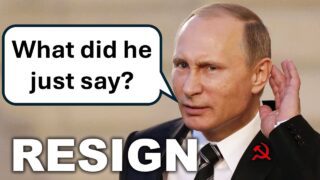Why Can Speaker Johnson Block All Votes for Ukraine? – December Q&A
Video Summary
A constitutional conundrum has emerged in the US regarding aid to Ukraine. Despite bipartisan support, Speaker Johnson has refused to schedule a vote on continued aid. This is due to a unique aspect of the US Constitution, which grants Congress the power to make its own rules. The speaker’s role in setting the agenda and advancing bills was established to prevent chaos and disorder in the House of Representatives. However, there are checks and balances, such as elections every two years, which can lead to a change in leadership if the majority abuses their power.
The Budapest Memorandum, signed in 1994, is not a treaty and has no legal standing in the US or Ukraine. It was a promise made by President Bill Clinton to Ukraine’s leader, but it has been largely ignored by subsequent presidents. The US can still provide aid to Ukraine without congressional approval through the presidential drawdown authority, which allows the president to allocate a certain amount of funds annually for emergency situations.
In the meantime, other countries, such as Israel and South Korea, are already providing military aid to Ukraine. The US needs to stay engaged and involved to prevent a drying up of American funding.
View this Ukraine War Video at Youtube



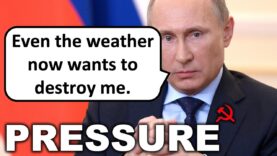



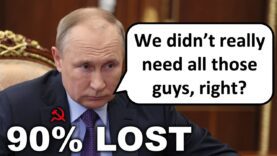

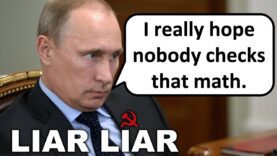
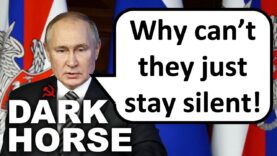








![[Solved] Russian Attacks Have Slowed in Pokrovsk. Here’s Why.](https://24ukraine.com/wp-content/smush-webp/2025/02/Solved-Russian-Attacks-Have-Slowed-in-Pokrovsk-Heres-Why-320x180.jpg.webp)


